“Europe has reached a defining crossroads,” Koskovics told Magyar Nemzet. In his view, the continent is facing a choice: either it continues on its current path—what he calls a historic dead end dominated by liberalism increasingly turning its back on true democracy—or it opts for national conservatism, or what some would call “illiberal” democracy.
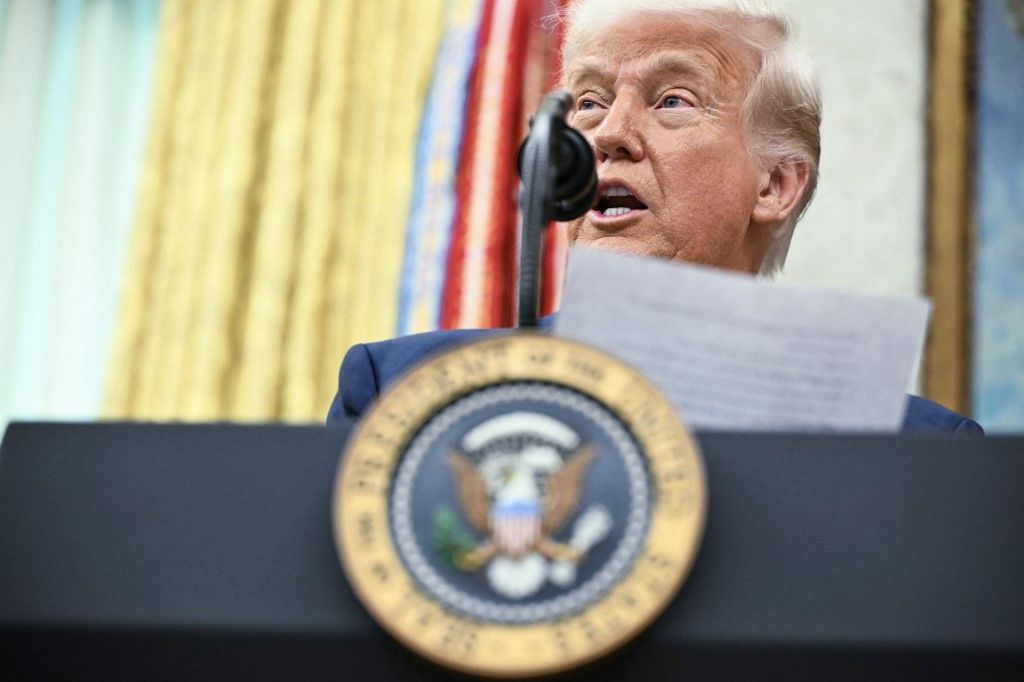
This comes with significant responsibility. Given the current state of Western Europe—mass immigration, open suppression of free speech, disregard for the will of the voters, and politically motivated trials against opposition candidates—we Central Europeans can only rely on ourselves,
Koskovics emphasized.
The truth is that only Central Europe remains of the real Europe. Here alone are the true European values that once made our civilization great - God, homeland, and family - being preserved. That means if Europe is to be reborn, it will certainly begin here, and the region’s patriotic thinkers will play a crucial role,
he added.
Beyond these lofty ideals, Koskovics also pointed to more practical reasons for regional cooperation. The nations of Central Europe share many economic and security interests, which can be best served by working together. He specifically highlighted the potential accelerated EU accession of Ukraine as a major concern. "This would be catastrophic for Central Europe in terms of security, economy, trade, and the standard of living of its people,” the expert said.
Even if not all governments in the region recognize it, blocking Ukraine’s rapid accession is a shared interest," he argued. “It’s the patriots’ task to keep this issue on the agenda everywhere, to ensure that a real societal debate can take place—rather than Brussels imposing integration through power politics.
Koskovics also stressed:
the significance and mutual interest in the close cooperation between the American and Central European Right.
He pointed out that the most crucial domestic aim of the second Trump administration and the America First movement is to dismantle the progressive-liberal, or simply put 'woke', empire. This is reflected in U.S. domestic politics—for example, in the dismantling of USAID—and also in speeches like that of Vice President J.D. Vance in Munich, which demonstrate the American Right’s awareness that the woke ecosystem has gained a firm footing in Europe, acting as an authoritarian hegemon for decades.
This is why Washington expects a political shift from the EU—one that can only realistically be forced through if it has political allies on the ground. And that ally is Central Europe. Naturally, Hungary has a key role in this, as the country has been on the path of national conservatism for 15 years,
he said.
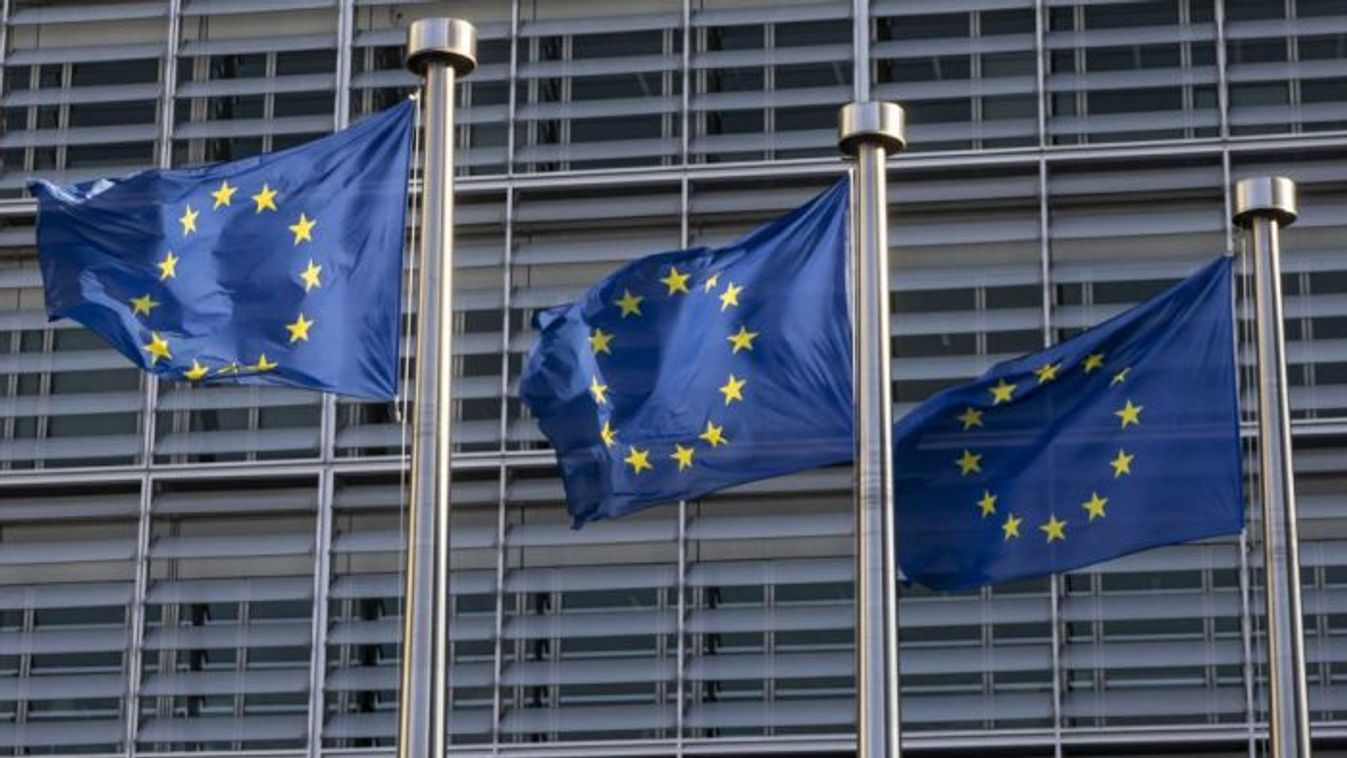
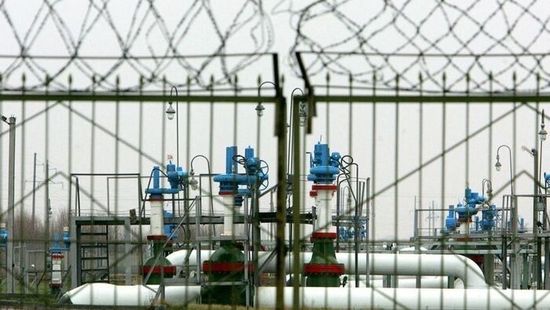
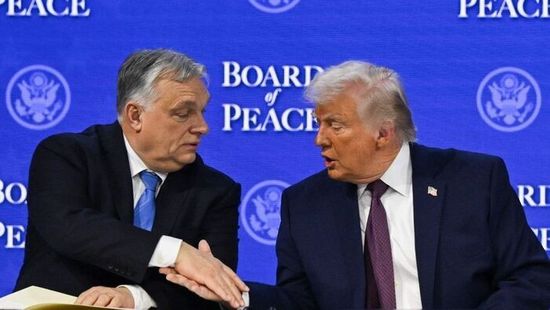
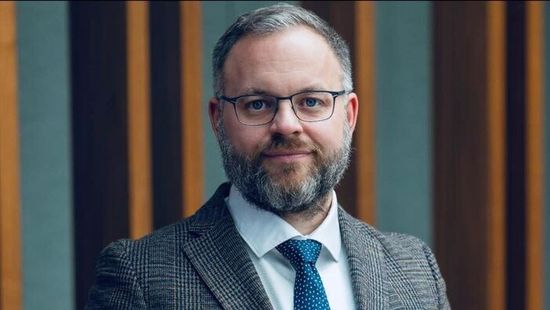
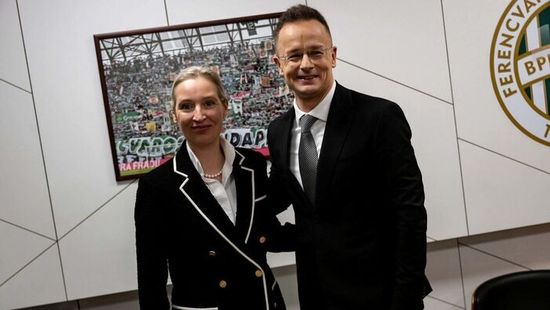

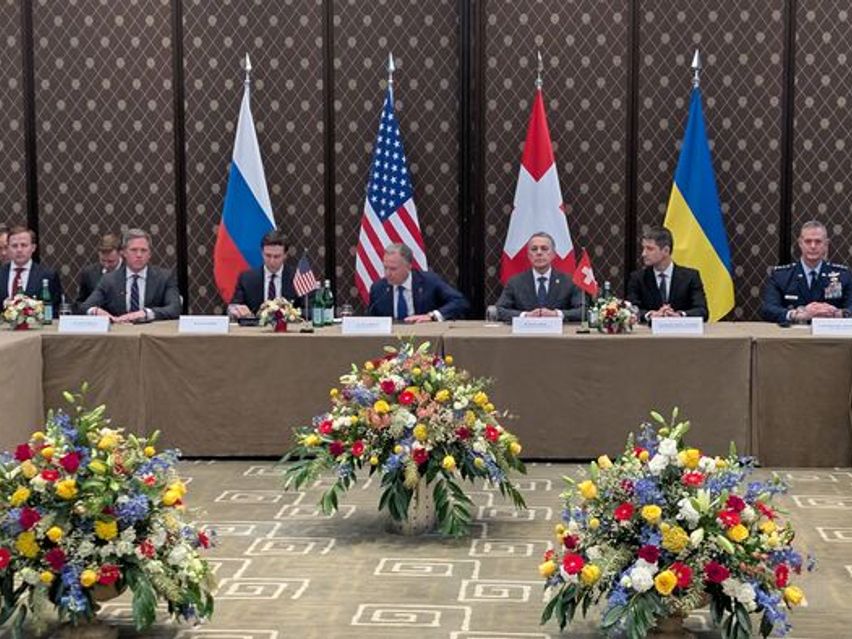
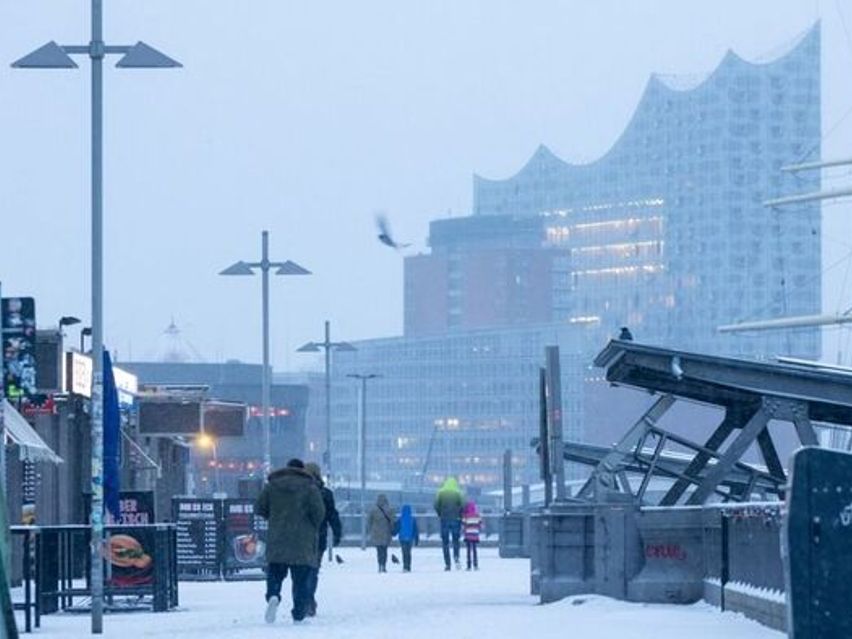
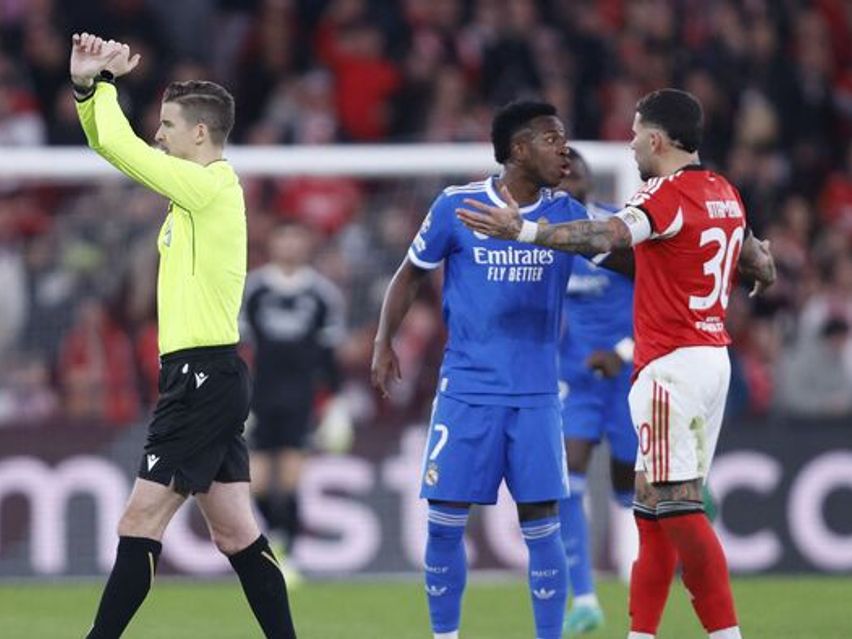



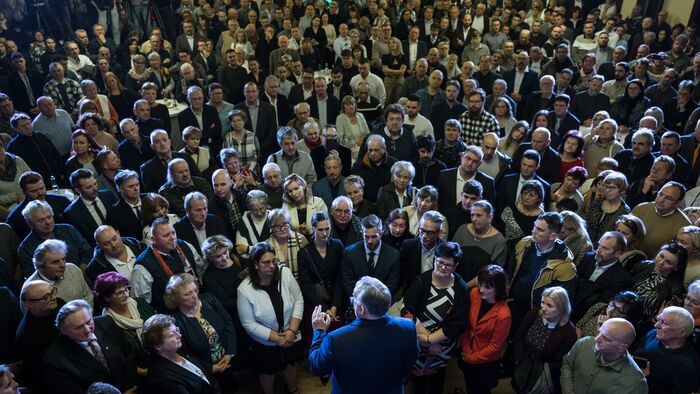



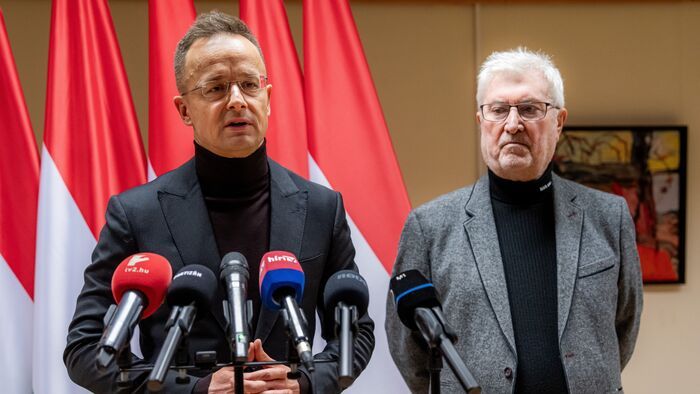
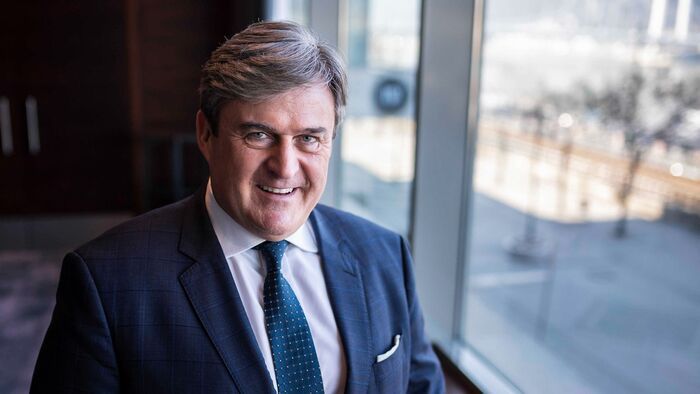

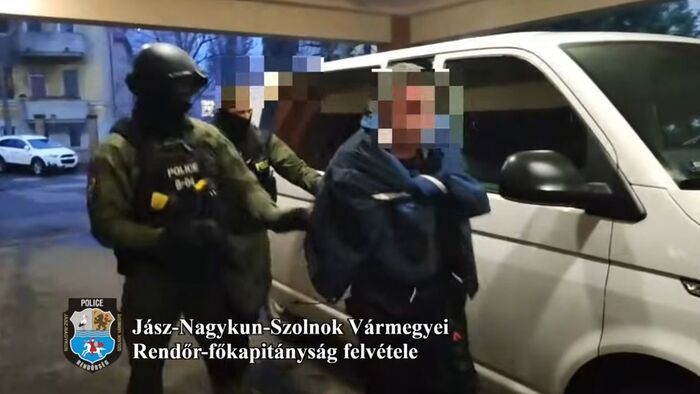

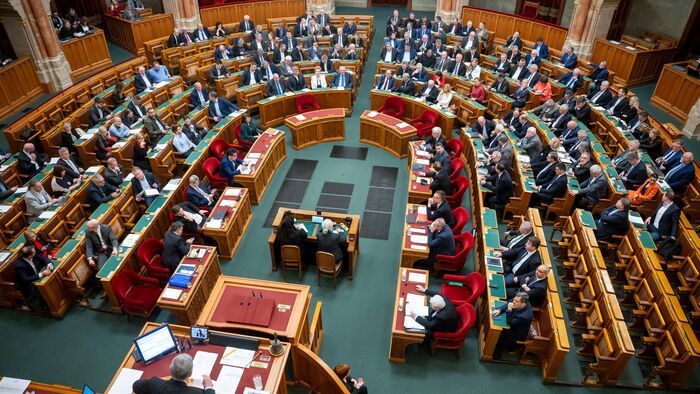

Szóljon hozzá!
Jelenleg csak a hozzászólások egy kis részét látja. Hozzászóláshoz és a további kommentek megtekintéséhez lépjen be, vagy regisztráljon!